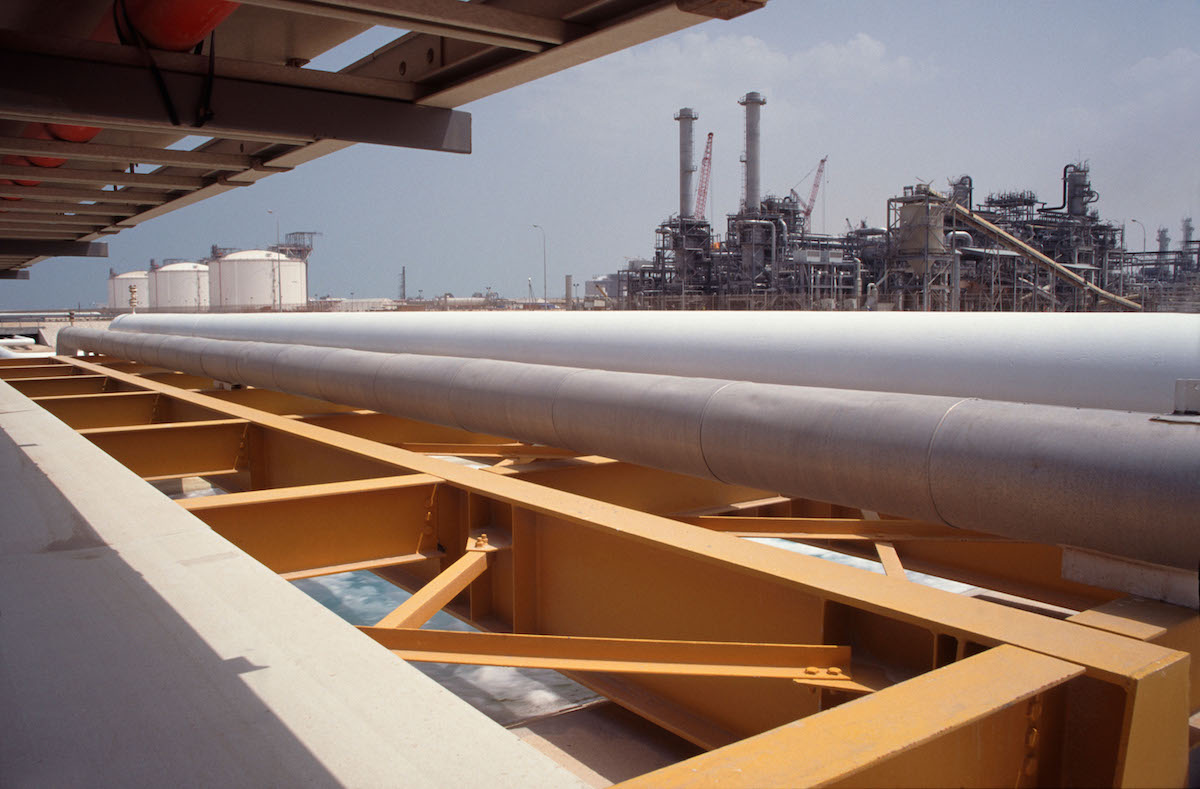
November 22, 2023 at 01:17PM
Amidst the Israel-Gaza conflict, security experts highlight the need for Middle East oil and gas operators to remain vigilant against cyberattacks. A recent report reveals that both sectors are vulnerable, and the consequences could extend beyond the region, impacting global energy supply. If cyberattacks occur, they may go beyond the usual hacking and malware infiltrations, potentially leading to physical damage. With the increase in risk, gas producers face additional pressure in an already escalated war, while oil producers may become targets for state-sponsored cyber groups. Precedents of targeted attacks on the oil and gas sector exist, emphasizing the need for preparedness in the face of heightened tensions.
Key Takeaways from Meeting Notes:
1. The ongoing Israel-Gaza conflict increases the risk of cyberattacks on Middle East oil and gas operators.
2. Both the oil and gas sectors are susceptible to cyberattacks, posing a threat to global energy supply.
3. Cyberattacks in the region can have ripple effects on global supply chains and energy systems, prompting governments to fortify reserves and establish crisis protocols.
4. If the conflict expands beyond Israel’s borders, the Middle East gas industry may be at higher risk due to potential damage to pipelines and obstruction of LNG shipping routes.
5. Oil and gas companies, as critical infrastructure, are prime targets for state-sponsored or politically motivated cyber groups.
6. The gas sector, in particular, faces security risks such as production shutdowns and inaccessibility, leading to potential long-term shortages.
7. Previous cyberattacks on the sector, such as the Shamoon virus attack and the attack on Saudi Aramco’s industrial control system, highlight the history of targeted attacks in the Middle East.
8. It is crucial for Middle East oil and gas operators to be vigilant about cybersecurity to avoid disruption, data theft, and economic damage.